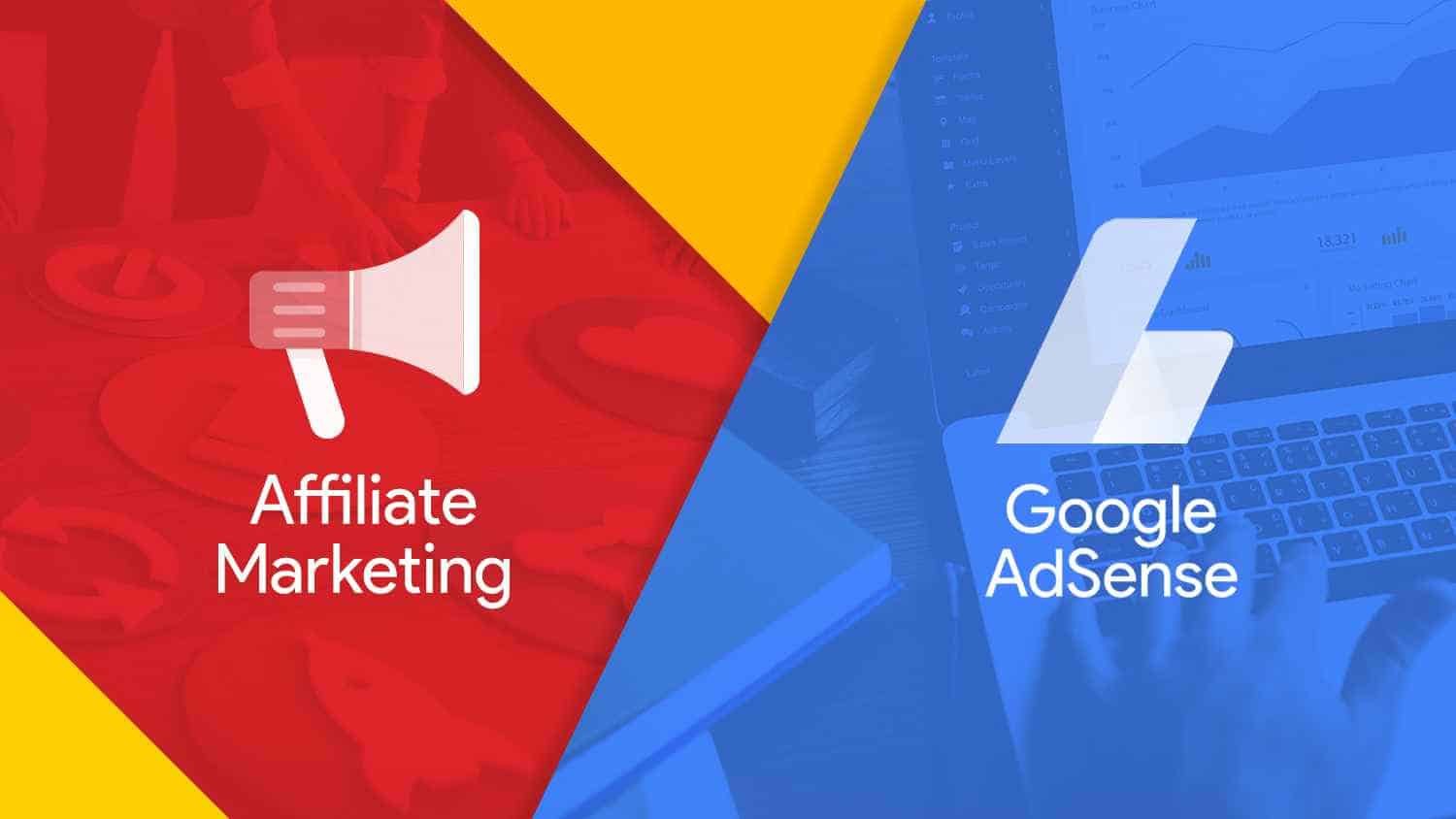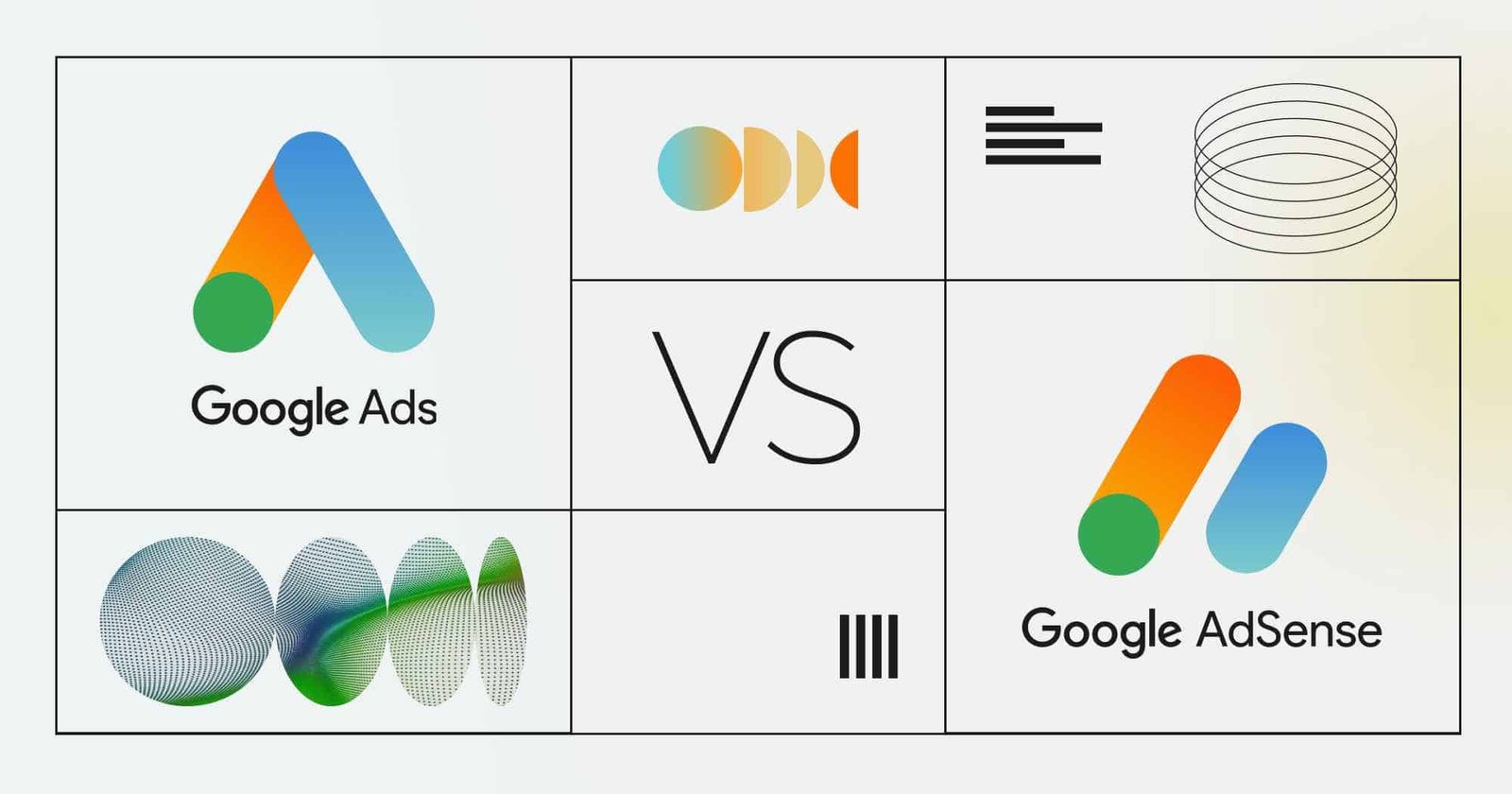When it comes to making money online, two popular strategies come to mind: Adsense and CPA marketing. Both are proven methods to generate income through online advertising, but they operate differently. Adsense is a program that lets website owners display ads on their sites and earn money when visitors click on them, while CPA Marketing involves promoting and driving traffic to offers and earning a commission when a specific action is taken. In this article, we’ll explore the differences between Adsense and CPA marketing, and help you decide which strategy is best suited for your online goals. As an experienced digital marketer, I’ll provide insights and real-life examples to help you make an informed decision. So, let’s dive in and find out which one is the right fit for you!
Comparison Table: Adsense vs. CPA Marketing
| Features | Adsense | CPA Marketing |
|---|---|---|
Payout Structure | Pay-per-click (PPC) – revenue earned for each click made by visitors on the ads displayed on the website. | Cost per action – revenue earned only when a visitor completes a specific action such as filling up a form, downloading an app, etc. |
Advertisers | Advertisements shown on the website are Google ads or ads from Google Ad Network partners. | Adversiters can be niche-specific or related to the website’s content, chosen by the advertiser themselves. |
Ease of Use | Moderately easy to set up and requires approval from Google Adsense program. | Requires more effort and time to find CPA offers and to get approved by CPA networks. |
Income Potential | Lesser income potential compared to CPA marketing as the payout is low for each click. | Higher income potential as payout is higher per action completed by visitors. |
Targeting | Lesser control over targeting, as ads are chosen by Google AI based on website content and user behavior. | More control over targeting as advertisers choose their target audience based on niche, demographics, location, etc. |
Approval Process | Adsense program has strict policies and approval process can be difficult. | Approval process can vary from network to network and requires constant monitoring of traffic and conversions. |
Risk Management | Low risk as website owner is not liable for any fraudulent clicks on the ads. | Higher risk, as website owner must monitor for fraud and ensure actions are completed legitimately to avoid penalties and account suspension. |

Adsense vs. CPA Marketing: Understanding the Differences
Short description
Adsense is a program by Google that allows website owners to earn revenue by displaying relevant ads on their pages. CPA Marketing, or Cost Per Action marketing, is a type of affiliate marketing where advertisers pay publishers for specific actions like form completions or purchases.
Pros and Cons
Adsense
Pros:
- Easy to use and set up
- Low entry barrier for website owners
- A wide range of advertisers and ad types available
- Easy to track and optimize earnings
Cons:
- Revenue potential can vary depending on website niche and traffic
- Ads can sometimes detract from the user experience on the website
- Strict policies and guidelines to follow, with the possibility of account termination if not adhered to
CPA Marketing
Pros:
- Potential for higher earnings as payouts are typically higher than typical ad revenue
- Ad campaigns can be highly targeted to specific audiences
- Publishers have more control over the types of offers they promote
Cons:
- Higher level of expertise and experience required to make profitable campaigns
- Requires more effort to find and join networks and offers as compared to Adsense
- Higher risk involved as payouts are typically only given for specific actions
Key Points and Features
Adsense
- Offers various ad formats including text, video, and display ads
- Pays publishers for clicks or impressions, depending on ad format
- Provides detailed analytics and earnings reports to help optimize revenue
CPA Marketing
- Pays publishers for specific actions taken by users, such as signing up for a newsletter or making a purchase
- Requires publishers to promote offers and campaigns through various channels, including display or social media advertising
- Offers a range of payout models including CPA, CPS, and CPL
Quantitative Measurements and Original Research
According to a study by MonetizePros, the average RPM (revenue per thousand impressions) for Adsense ranges from $1 to $10, depending on the niche and website traffic. On the other hand, CPA Marketing payouts can range from $1 to $50 or more per conversion. However, the success and earnings in CPA Marketing highly depends on the quality of the traffic and the ability to properly promote offers.
Reasons to consider or ignore each product
Adsense
To consider: If you have a website with high traffic, and don’t want to devote much time or expertise to advertising, Adsense can be a good way to monetize your site easily.
To ignore: If your website’s niche is too specific or doesn’t have much traffic, Adsense may not be a viable revenue option for you.
CPA Marketing
To consider: If you have experience in performance marketing, and are able to optimize your campaigns, CPA Marketing can potentially earn higher revenues than Adsense.
To ignore: If you don’t have much experience in performance marketing, or your website doesn’t generate enough traffic, it may not be worth the extra effort and risk to pursue CPA marketing.
Suggestions for potential buyers
Consider your website’s niche, traffic levels, and your expertise in marketing before deciding which option is better for you. If you’re unsure or have no experience in CPA Marketing, it may be wise to start with Adsense and then gradually move towards CPA marketing once you gain more expertise. Be sure to properly research and educate yourself on both options before making a decision.

Guidelines for Using Adsense vs. CPA Marketing: Understanding the Differences
1. Understand the Purpose of Adsense and CPA Marketing
Adsense is a program that allows website owners to display ads on their sites in exchange for revenue share. On the other hand, CPA (Cost per Action) marketing pays affiliates a commission for every lead or customer acquired through their unique referral link.
2. Consider Your Website’s Niche and Content
Adsense is more suitable for websites with a broad audience and a lot of traffic, while CPA marketing works best for websites with a specific niche and highly targeted traffic. Ensure your website’s content aligns with the products or services you promote through CPA marketing.
3. Monitor Your Performance and Optimize Accordingly
Regularly check your Adsense and CPA marketing performance to determine the best-performing ads, pages, and strategies. Optimize your approach to maximize revenue and engagement with your audience.
How To Understand the Differences Between Adsense and CPA Marketing
1. How do Adsense and CPA Marketing differ in terms of revenue generation?
Answer:
Adsense primarily generates revenue through pay-per-click advertising, where website owners earn money every time someone clicks on an ad on their website. On the other hand, CPA Marketing involves promoting a particular product through affiliate networks, where website owners earn a commission when someone makes a purchase through their unique affiliate link.
2. How can I determine which method is better for my website?
Answer:
The answer to this question depends on the type of website you have. If you have a content-rich website with a high amount of traffic, then Adsense might be the better option for you as you can earn a significant amount of revenue through advertising. However, if you have a niche website or a website centered around a particular product or service, then CPA marketing might be the better option as you can earn more through commissions from product sales.
3. How do I get started with Adsense?
Answer:
To get started with Adsense, you need to create a Google account and sign up for their Adsense program. Once you have created an account, you will be required to add Adsense code to your website so that relevant ads can be displayed on your site. You can then customize the look of your ads and start earning revenue through clicks.
4. How do I get started with CPA Marketing?
Answer:
To get started with CPA marketing, you need to sign up with an affiliate network such as Amazon Associates or Clickbank. Once you have signed up, you can choose products that are relevant to your website and start promoting them. You will be provided with a unique affiliate link that you can include on your website, and when someone clicks on that link and makes a purchase, you get a commission.
5. Can I use both Adsense and CPA Marketing on my website?
Answer:
Yes, you can use both Adsense and CPA Marketing on your website. However, it is important to ensure that the ads blend in with the overall look and feel of your website to avoid annoying your audience. It’s also essential to strike a balance between the two methods and not overload your website with ads.
FAQs for Adsense vs. CPA Marketing: Understanding the Differences
1. What is Adsense and how does it differ from CPA marketing?
Adsense is a program developed by Google that allows website owners to display targeted ads on their site and receive a portion of the ad revenue. CPA marketing, on the other hand, stands for cost-per-action marketing, where affiliates are paid a commission for getting users to take a specific action, such as signing up for a newsletter or filling out a form.
2. Which is more profitable, Adsense or CPA marketing?
The profitability of Adsense and CPA marketing depends on various factors, such as niche, traffic, and conversion rates. Adsense tends to be a more passive income source, while CPA marketing requires active promotion and conversion optimization. Ultimately, it’s best to experiment with both options to see which generates the highest revenue for your site.
3. Is it possible to combine Adsense and CPA marketing on a single website?
Yes, it’s possible to use both Adsense and CPA marketing on the same site. However, it’s important to avoid overloading your site with ads and to ensure that the ads are relevant to your audience and don’t interfere with the user experience.
4. How do I get started with Adsense or CPA marketing?
To get started with Adsense, you’ll need to apply to the program through your Google account and set up ad units on your website. For CPA marketing, you’ll need to sign up for an affiliate program or join a CPA network, and choose offers that are relevant to your audience. It’s important to follow each platform’s guidelines and best practices to ensure success.
5. Are there any risks or downsides to using Adsense or CPA marketing?
One risk of using Adsense is that your account could be suspended or terminated if you violate Google’s policies or display inappropriate content on your site. With CPA marketing, there’s the risk of promoting offers that turn out to be scams or fraudulent, which can damage your reputation. It’s important to thoroughly vet any affiliate programs or offers you promote and to follow best practices to minimize these risks.
In conclusion, Adsense and CPA marketing are both effective ways to monetize online content, but they have several key differences that should be considered before choosing a strategy. Adsense provides a passive income stream through ad clicks, while CPA marketing requires more active promotion and lead generation. CPA marketing can also offer higher payouts, but requires more effort and expertise to be successful. It’s important to evaluate your goals, skills, and resources before selecting a monetization strategy. Ultimately, the choice between Adsense and CPA marketing will depend on your individual needs and preferences. It’s also worth noting that other monetization strategies, such as affiliate marketing and sponsorships, should also be considered. Whichever method you choose, be sure to prioritize quality content and audience engagement to maximize your earnings potential.